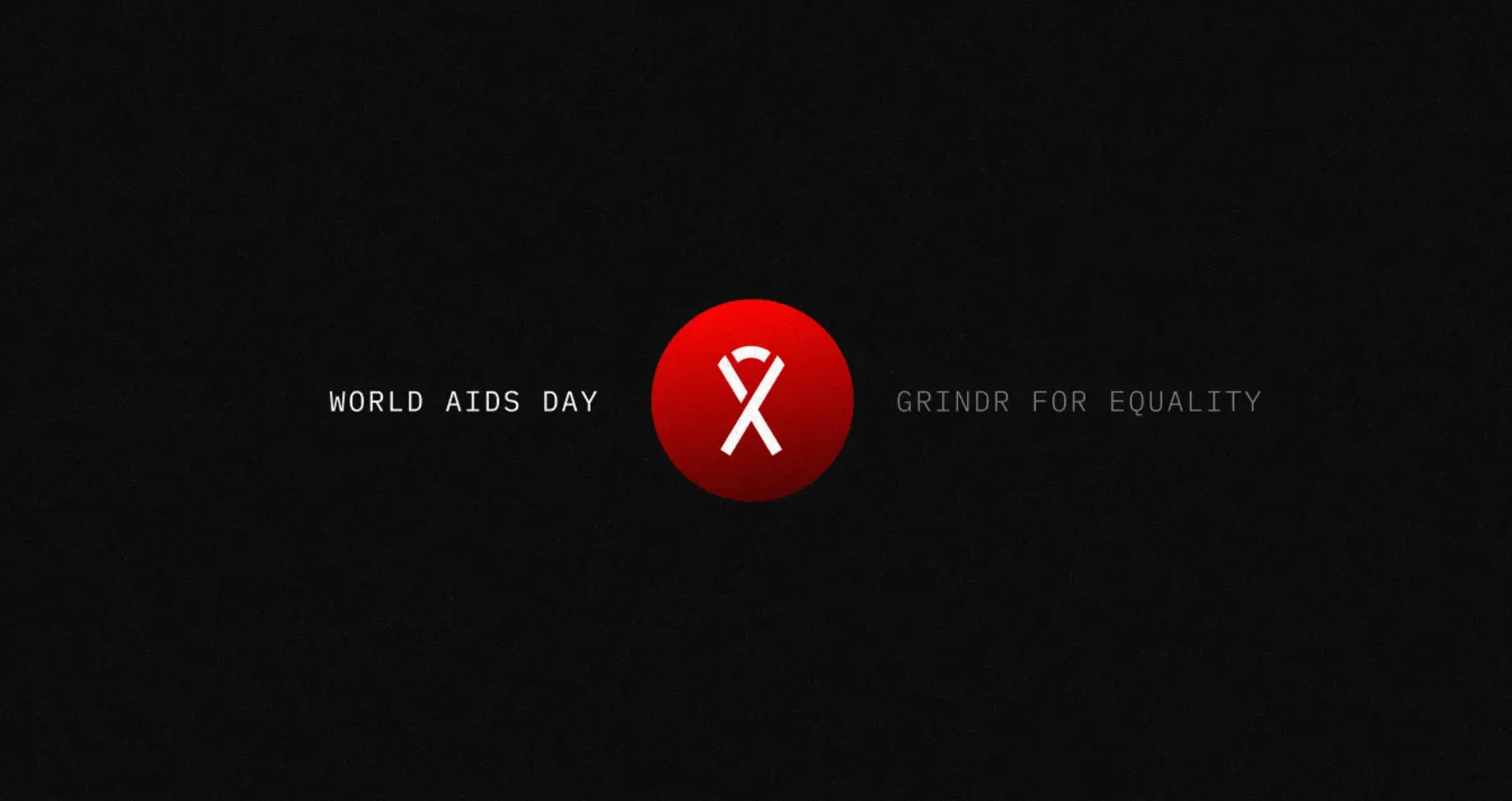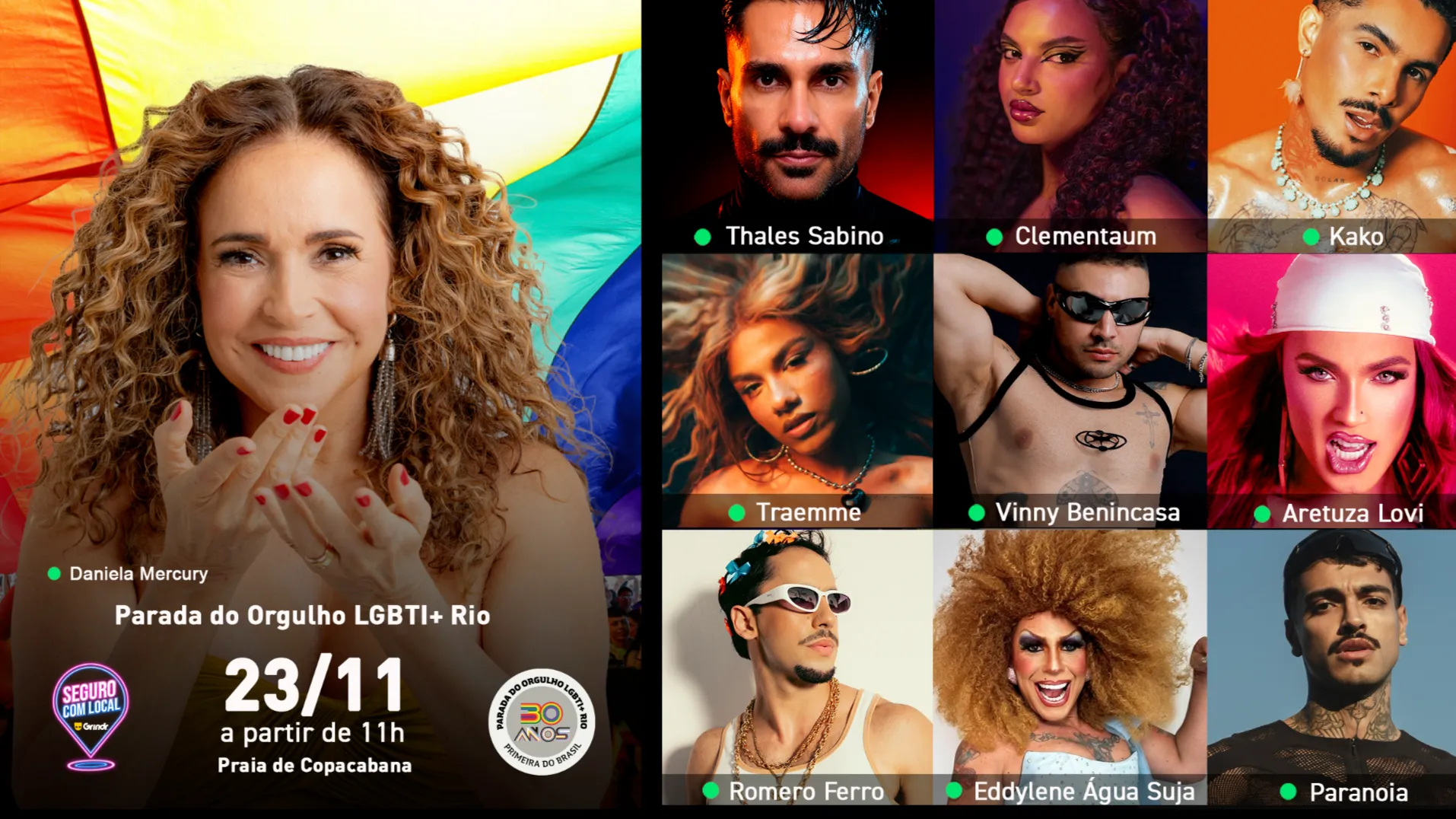Cis Meaning: What Does Cisgender Mean?

The ever-expanding world of gender and sexuality includes a lot of specific terminology. Some people are on the bleeding edge, inflecting neopronouns you’ve never even heard of. Others mean well but aren’t quite up to date. Ask them how many genders there are, and they’ll tell you “at least three.”
And that’s OK, as long as they’re open and accepting when they encounter new concepts. Trans, demi, poly, gray, femme — each describes a distinct identity, unifying queer people who experience the world in a unique way. Among these terms, you may have heard of cis, meaning cisgender. So, what does cisgender mean? Let’s discuss.
What is cisgender?
Cis is short for cisgender, a word used to describe people who identify with the sex and gender they were assigned at birth. Someone may identify as a cis man, meaning he was assigned male at birth and identifies as a man. The term exists in contrast to transgender (i.e., someone who identifies with a gender other than the one they were assigned at birth).
Gender vs. sexuality
“Cisgender” tells you about a person’s gender identity — the social and cultural role they act out and internally align with (e.g., man, woman, nonbinary, etc.). The term doesn’t relate to one’s sexual orientation, however. Sexual orientation, aka sexuality, describes how one experiences romantic and sexual attraction to others, often based on their gender (e.g., gay/homosexual, straight/heterosexual, bisexual, etc.).
Although a person’s gender expression and sexual orientation are parts of their identity, they don’t necessarily have anything to do with one another. A cis man can be gay, straight, or any other orientation, just like a trans man.
Gender vs. sex
To truly understand the meaning of cisgender, you need to know the difference between sex and gender. Let’s start with sex — the state of being, not the act (get your mind out of the gutter!). In this context, sex is an identity one is typically assigned at birth that’s based on physical or biological characteristics, such as genitalia, hormones, and chromosomes. Male and female are the typical categories, but the whole matter isn’t as black-and-white as you might think.
Conversely, gender is a social construct based on roles, expectations, and behaviors that are roughly mapped onto sex. Masculine and feminine traits are primarily associated with male and female people, but this is just a tendency, not a rule. Your gender identity may have nothing to do with your biology; it’s all about how you feel.
Conceptions of gender fluctuate throughout time and vary from place to place. Nowadays, those in the know will tell you gender is a spectrum. Some people gain immense satisfaction from their gender, whereas others couldn’t care less. The only wrong way to approach gender is to police how others express their identity.
The origin of cis
So, where did cis come from, and when did the term gain widespread recognition?
First, a linguistics lesson. “Cis-” is a Latin prefix meaning “on the same side.” It’s commonly used in chemistry alongside “trans-” (aka “on the opposite side”) to describe the location of atoms in a molecule.
The cis- prefix was first used in reference to gender in 1914 when Ernst Burchard, a German sexologist, dubbed the act of wearing gender-normative clothing “cisvestitismus” and called cross-dressing “transvestitismus.” Despite the widespread use of “transgender” beginning in the mid-1900s, it wasn’t until the 1990s that academics started using “cisgender” to talk about people whose gender identity aligns with their assigned sex at birth.
{{video-inline-cta}}
The need for a specific term
All too often, language is used to normalize the experience of the majority and make minority groups feel othered. The term cisgender represents an essential step toward equality in the way that we discuss gender. It helps us precisely describe people’s gender experience without implying that it’s the default or “normal” way to be.
Cisgender’s popular usage dispels the notion that transness is unusual. It asserts that being cisgender is just one of countless possible experiences. It also helps people recognize and acknowledge the privilege that comes with being cis.
What does “cishet” mean?
“Cis-” can be attached to all sorts of words to get fun new meanings. For example, the Romans used cisalpine to refer to things on the near side of the Alps. These days, you’re more likely to see it added to het, short for heterosexual. Cishet describes people who are both cisgender and heterosexual.
Cishet basically means “not queer.” The term helps highlight the particular experiences and privileges of individuals who align with both of these majority groups.
Understanding cisgender privilege
Cisgender privilege has to do with the unconscious (and unfortunately, sometimes conscious) biases society has in favor of cis people. Cisgender people often enjoy easier access to healthcare services, greater governmental recognition, and clothing that better aligns with their gender and body types. Most crucially, cisgender people are significantly safer in most areas of the world and far less likely to be victimized by gender-based violence.
Cisgender people must recognize the privileges that come with being cisgender if they want to fully address these disparities and begin to level the playing field. It’s an essential step toward helping transgender folks and other non-cis people acquire similar protections and opportunities.
Of course, understanding what cisgender means, the history of the word, and the privileges that come along with being cis is just the beginning. Next, we have to spread the word. Regardless of what bad-faith actors want you to believe, cis and cisgender are not slurs. They are words that acknowledge people’s identities while opening their eyes to the experiences of others.
Express yourself on Grindr
If all else fails, remember the wise words of Mother Monster: No matter gay, straight, or bi, lesbian, transgender life — you’re on the right track, baby. Why not add cis to the mix?
No matter how you identify, Grindr has made it easier than ever to note your gender and sexual orientation right on your profile. Download the Grindr app today and start exploring all your options.










.gif)
.webp)


.webp)
.webp)










